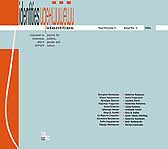
Санитарна енигма
The author analysis the psychoanalytical mechanisms which produce the human need for cleanness. Cleanness is being investigated as an enigma which has a central role in the process of subjectivisation.
More...We kindly inform you that, as long as the subject affiliation of our 300.000+ articles is in progress, you might get unsufficient or no results on your third level or second level search. In this case, please broaden your search criteria.

The author analysis the psychoanalytical mechanisms which produce the human need for cleanness. Cleanness is being investigated as an enigma which has a central role in the process of subjectivisation.
More...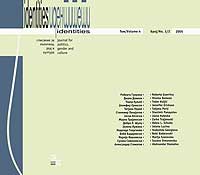
We begin this text with the opening of the question on the status of the unconscious in Freud” work. We trust that this central issue of psychoanalysis is not void of certain conceptual wallings which we shall call ontological because they stand as gaps around the question on the nature of the unconscious. In the 11th seminar to Jacques- Alain Miller’s question on the status of the unconscious, Lacan answers that the unconscious has a vague ontic status, but does have a structure, that the gap of the unconscious is pre-ontological, and finally, that the status of the unconscious is ethical, rendered to it by its discoverer, Freud.
More...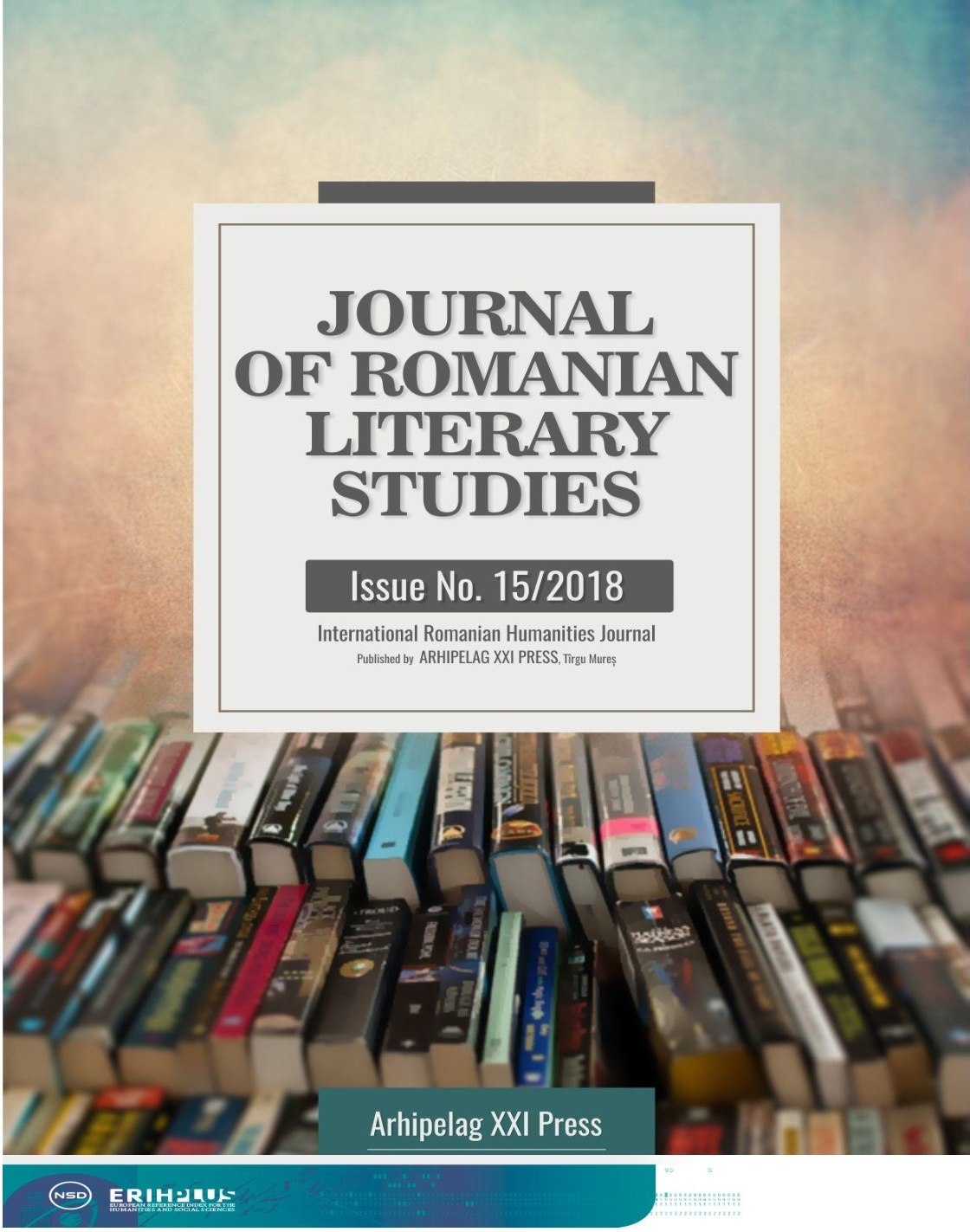
In the capital of Bukovina, where psychoanalysis was criticized and admired at the same time, Constantin Narly, professor for pedagogy at the University in Czernowitz, was concerned with Freud’s doctrine and especially with its application in pedagogy. Although Narly approached the topic in several of his works, he described in detail the concept of ‘psychoanalysis’ and its advantages for the educational system in „Patru mari educatori: John Locke, Vasile Conta, Sigmund Freud, Georg Kerschensteiner” (1933). The paper aims to examine Narly’s attitude towards psychoanalysis, as well as the authors and psychoanalytical theories he discussed in the above-mentioned book. On a final note, his influence on the academic circles in Czernowitz regarding the topic, which also includes the reception of his book, is of great interest as well.
More...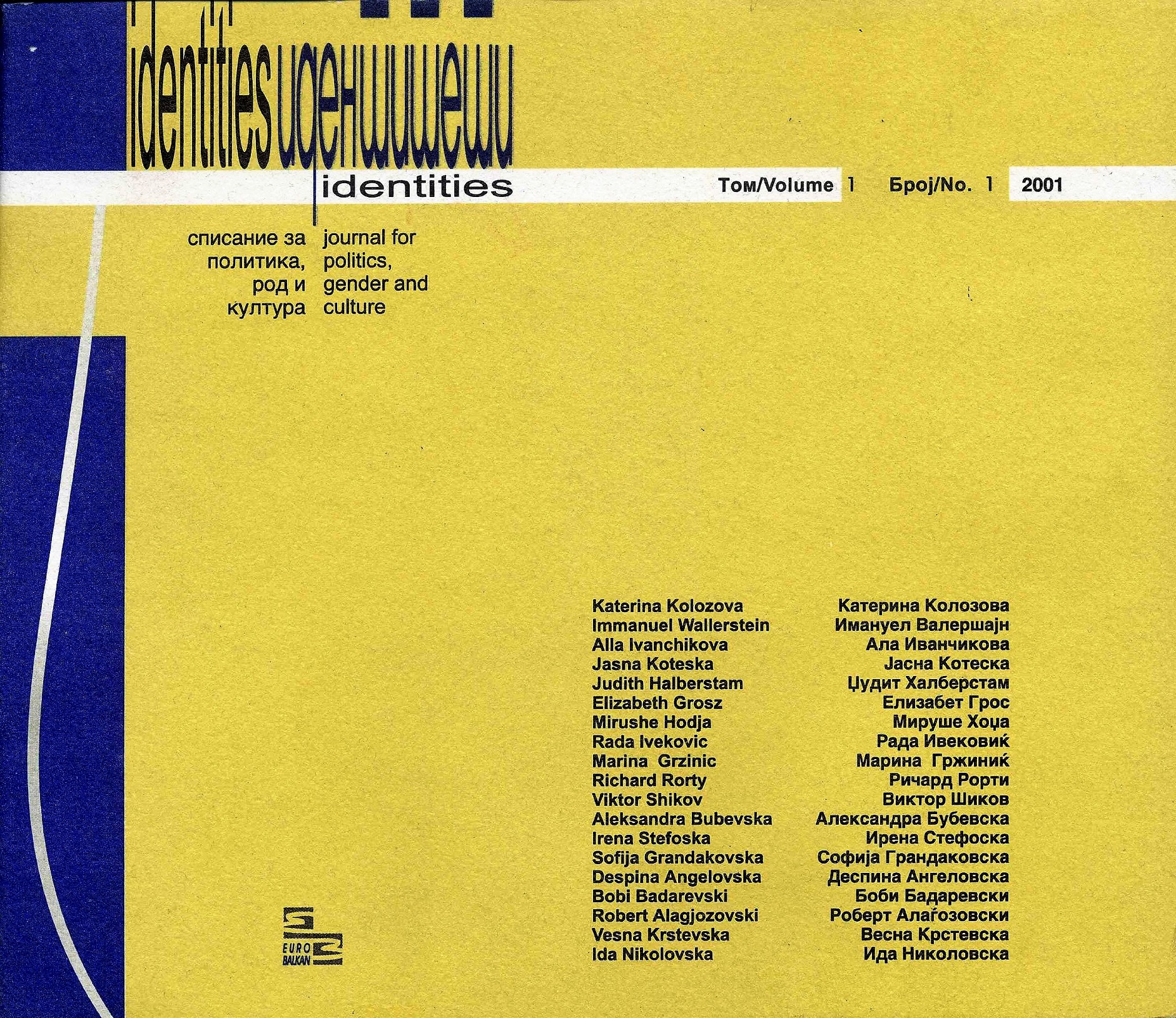
In this essay, I will not delve broadly and exclusively into the issue of the sexuality of the Son in Kafka, but particularly into one of its aspects - sexual strategy. I would like to present and elaborate on two complementary structures, because I consider two of Kafka's posthumously published short stories commonly entitled Sons, The Metamorphosis and The Judgment, to be a joint representation of the two archaic resolutions of the Son's sexual drives.
More...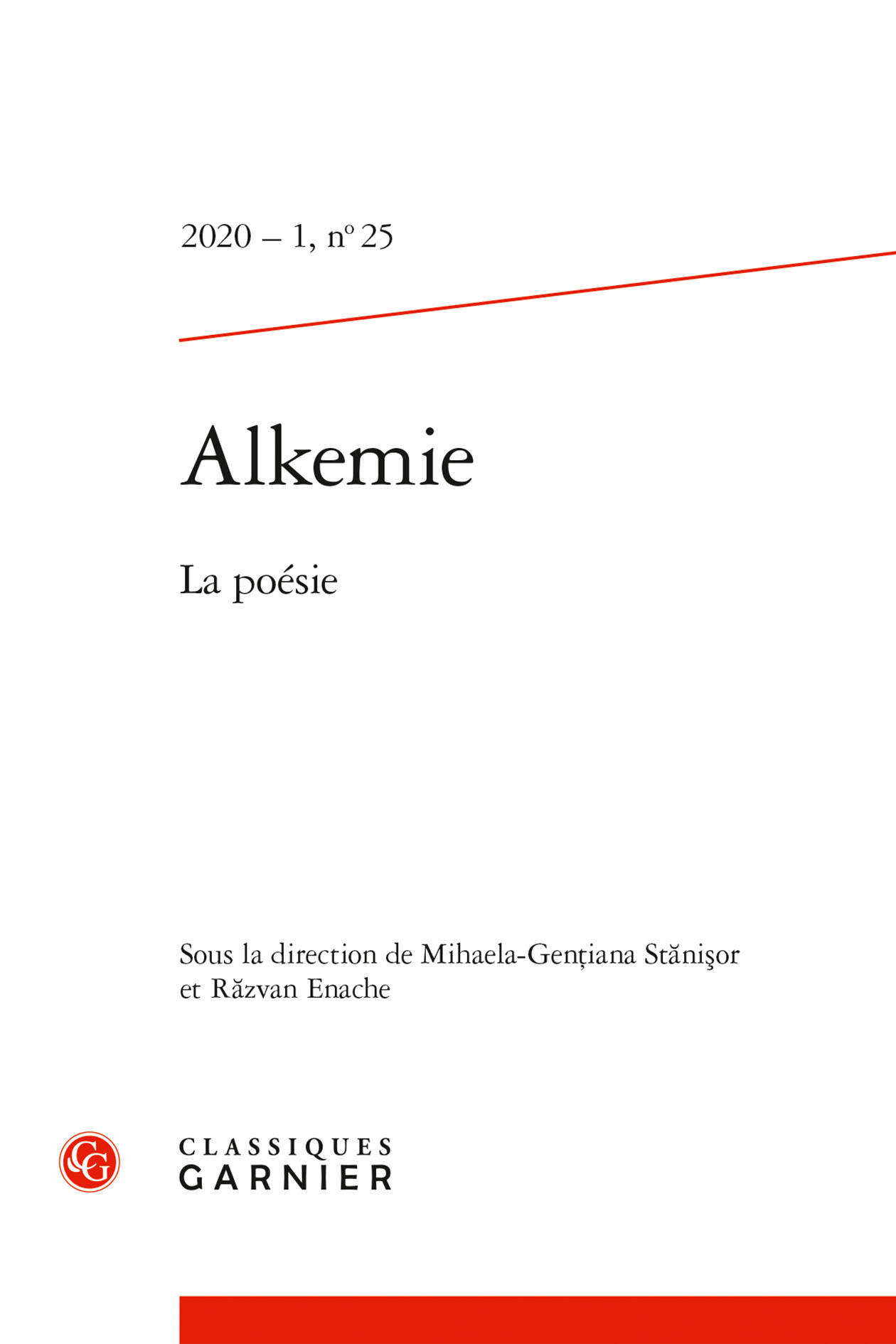
L’article retrace deux confrontations avec la poésie qui marquent le parcours théorique de Jacques Lacan. La première se concentre sur le texte poétique conçu comme un espace qui présente des homologies structurales avec l’inconscient. La deuxième considère la poésie à travers le concept freudien de sublimation. The article retraces two confrontations with poetry that mark Jacques Lacan’s itinerary. The first is focused on the poetic text conceived as a space that has structural homologies with unconsciousness. The second considers poetry through the Freudian concept of sublimation.
More...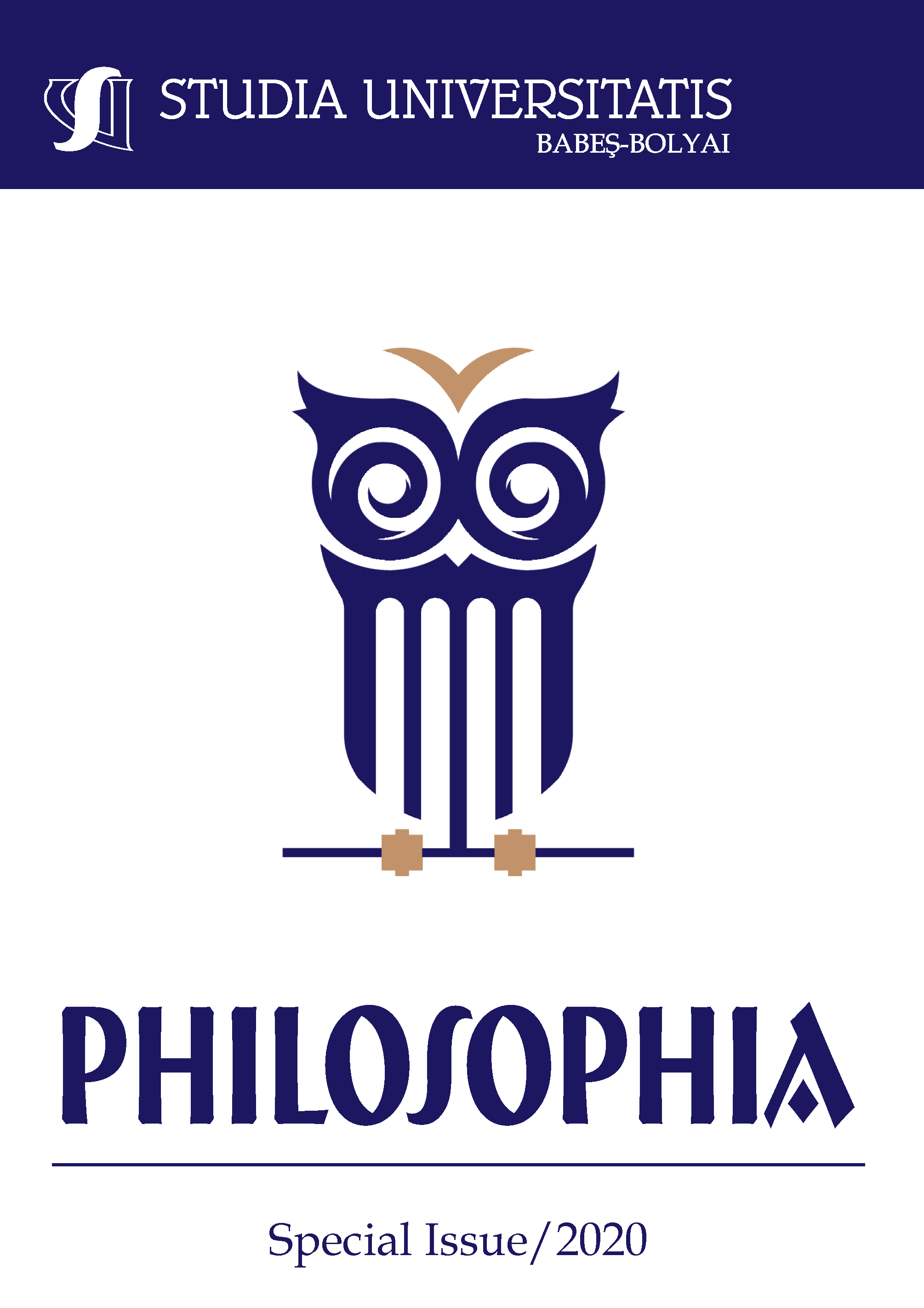
From Letter to Phantasm. Some Remarks on Deleuze and Psychoanalysis in Logic of Sense. Our aim is to show how the two heterogeneous series of “letter” and “phantasm” make possible, through their convergence understood as the event of sense, a double passage. First, in the order of the Symbolic, the passage of the signifier into the signified. Second, the passage of the whole Symbolic order out of the desiring body. It will be shown that this amounts to a re-conceptualization of causality as sense – event.
More...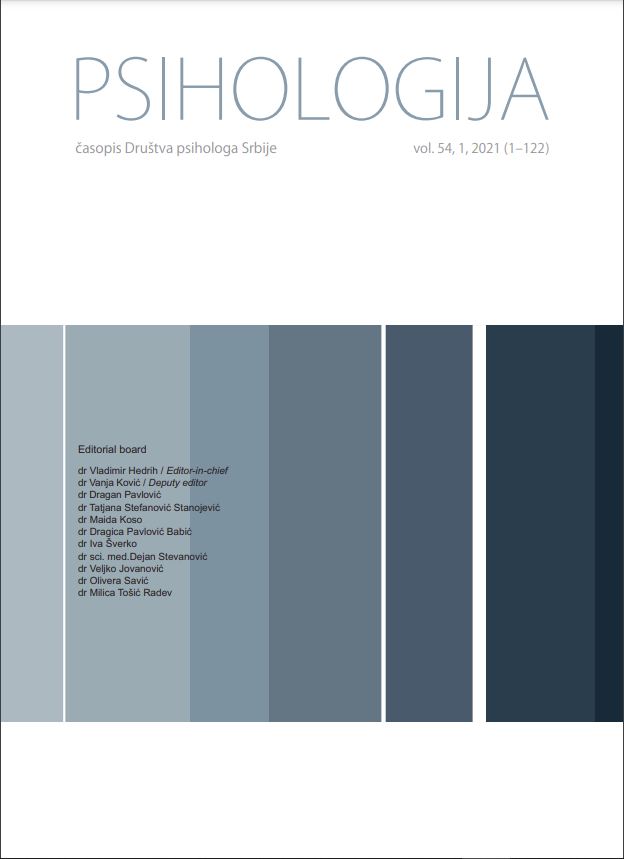
Prediction of treatment response to trauma-focused psychotherapy remains a difficult task. This study evaluated treatment response to Brief Eclectic Psychotherapy for posttraumatic stress disorder dependent on pre-treatment variables, symptom progression, and manual adherence. We tested differences in pre-treatment variables and symptom time course between treatment responders and non-responders in 27 patients, using exact regression analyses and general linear models. Associations of therapists´ adherence to the treatment manual during different therapy phases with response status were also studied using independent samples t-test. Lower education and complete inability to work were negatively related to therapy outcome. Significant differences in symptom time course between responders and non-responders were detected from session nine onwards, whereas adherence to treatment was not related to outcome during any treatment phase. Our results indicate that early identification of treatment response may meaningfully expand previous research on outcome predicton based on pre-treatment variables in trauma-focused psychotherapy. Furthermore, adaptations of treatment protocols for specific groups of patients with increased risk of poor treatment outcomes may be advisable. If replicated by more naturalistic designs, our results could contribute towards limiting the requirement of strict manual adherence to efficacy studies in posttraumatic stress disorder treatment research.
More...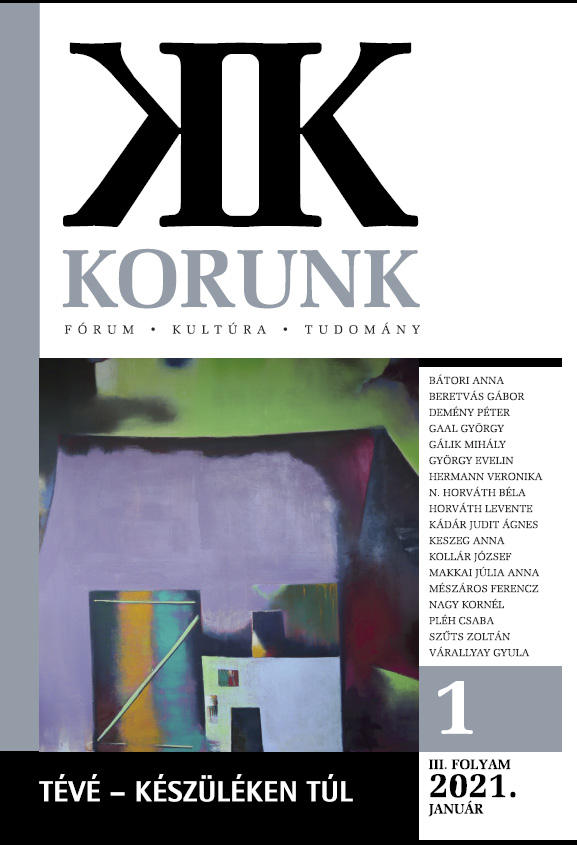
Kapás István: Pszichoanalízis, ideológia, társadalom. A magyar Freud-recepció történetéhez. Oriold, Bp., 2020.
More...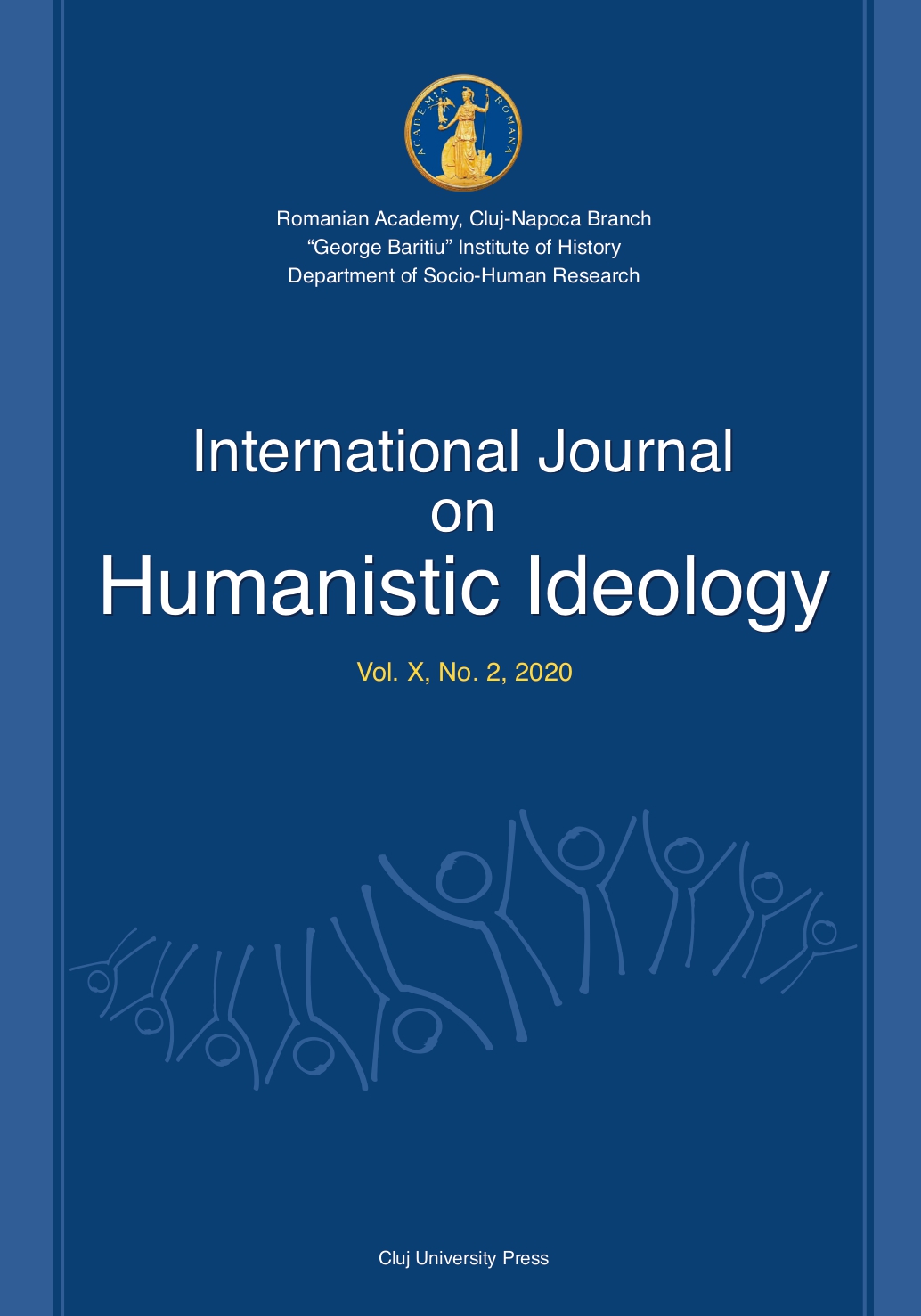
The first issue that I shall address here is that of the difference between existence and being, using primarily the psychoanalytical approach of Freud and Lacan, rather than the philosophical one, which I leave to the specialists. The point I want to stress therefore is related to a simple inquiry: if existence is referred to reality issues such as things and bodies, being would rather concern the identity of those things and bodies which exist. For instance, if angels do indeed exist, what is their sex, what is their being made of, what is their identity? In the same way, if “unicorns exist”, what are they, animals, intermediate beings, or some supernatural instances? This debate around being and existence took place in modern philosophy (phenomenology, Heidegger, Kripke, Gould), but was also a fundamental problematic for Freud when he invented psychoanalysis.
More...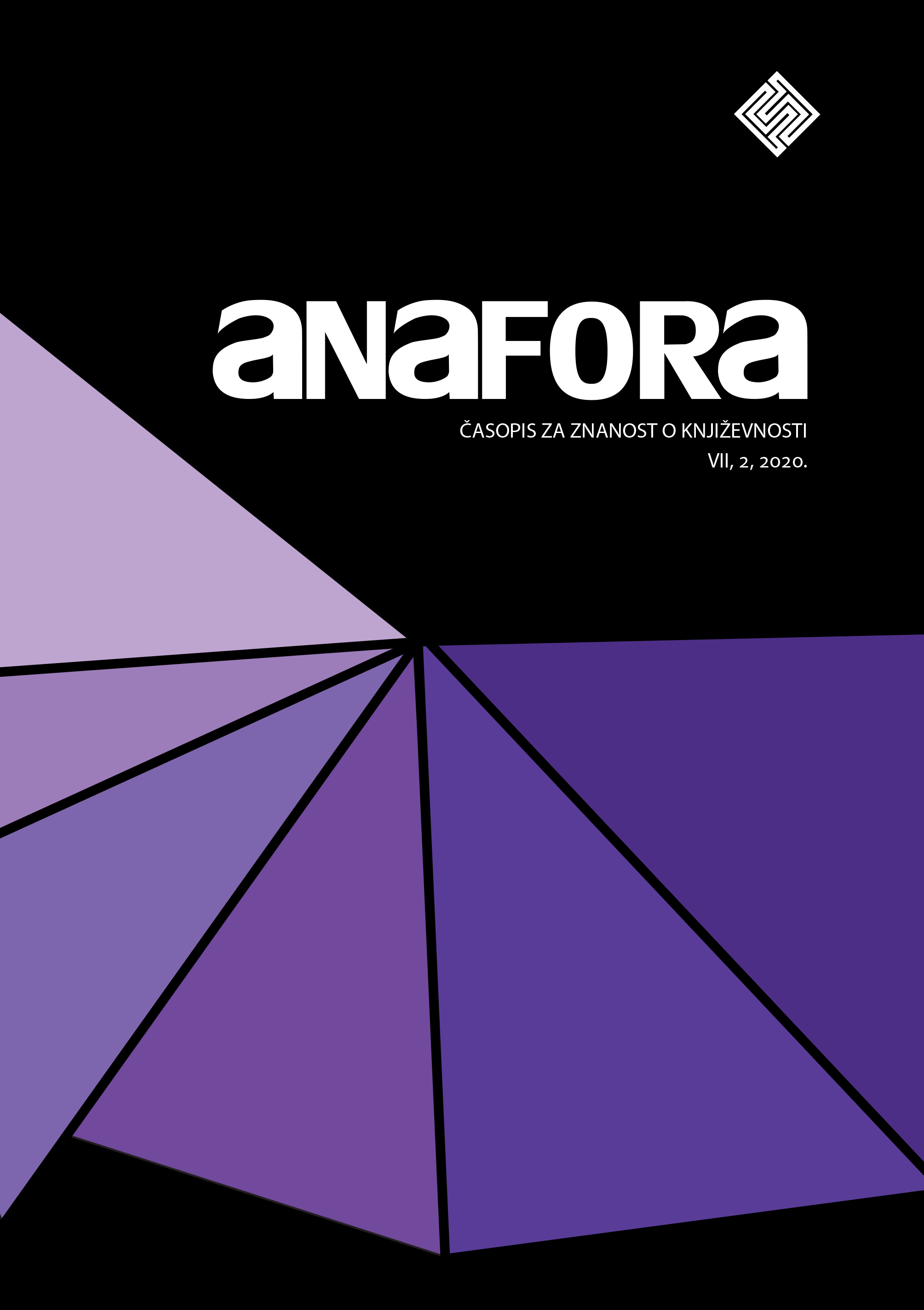
The article proposes a close reading of Jacques Derrida’s address to the Estates General of Psychoanalysis, held in Paris in July 2000. In celebrating the centenary of Freud’s Interpretation of Dreams, the representative international gathering of psychoanalysts took place under the umbrella of a “political metaphor” suggested by its historically significant title and dates. In Derrida’s address, the metaphor of revolution was far more than just a bright emblem of the meeting, expressing the organizers’ wish to emphasize the revolutionary character of Freud’s “invention” or to encourage the participants’ enthusiasm for solving the current crisis of their profession in the manner inspired by the Estates General in 1789. It is only in his late work, and particularly in this introductory lecture dealing with human cruelty and its recent historical mutations, that Derrida began to explore the deconstructive political potentialities of psychoanalysis. His hypothesis on the superiority of psychoanalysis over all other discourses in dealing with this highly political issue assumes that there is, although not yet fully recognized, or even strongly opposed, a politics inherent to Freud’s theory. Outlined in his later writings, Freud’s “progressive politics,” already engaged in a subversion of the principle of state sovereignty, as proved to be able to indicate a strategy of going “beyond the death drive,” calls for creating a new, revolutionary psychoanalysis beyond all principles. The article attempts to reveal that Derrida’s politically oriented reading of Freud’s legacy crucially depends on his unique position of “the friend of psychoanalysis.”
More...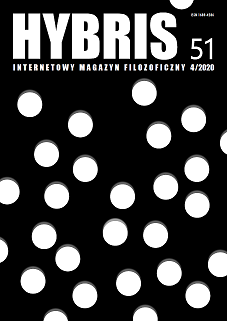
The purpose of the article is to demonstrate that Freud's theory in its late, mature form significantly goes beyond the model associated with the "repressive hypothesis" and thus can potentially be a useful conceptual tool for analyzing the contemporary non-repressive society and the form of subjectivity it creates. To this end, an outline of the development of the Freudian psychoanalytic theory will be presented in relation to the "repressive hypothesis" from the early period of his work, and then move on to the mature work of Freud to discuss its most important elements such as the concept of narcissism, reformulation of the relationship between anxiety and repression and the concept of duality of life and death drives.
More...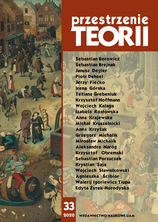
It seems rather obvious that Jacques Lacan’s theory is Freudian psychoanalysis combined with structural linguistics. But it is not so conclusive: in Lacan’s work we can find many elements with different origins to linguistics. Moreover, Lacan’s subversion of structuralist theses makes any unambiguous assignment impossible. In the article, the author describes the evolution of Lacan’s theory of language and its consequences for the issue of subjectivity in psychoanalysis resulting from the use of linguistic tools.
More...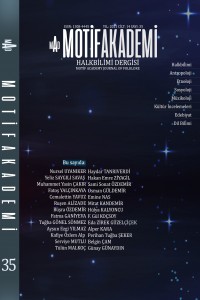
Psychoanalysis, which is built on a series of psychological theories and methods, aims to understand and eliminate mental problems in the dark spaces of the unconscious getting to the root of them. Sexual fantasies during childhood and events forgotten through repression in this period are seen as sources that feed this dark place. Psychoanalysis tries to understand this dark, unknown area through the concept of "uncanny". The emotions that the characters repressed during their childhood in the novels The Last Voice They Hear, Silent Children and The Face That Must Die written in an uncanny atmosphere by the modern English horror writer Ramsey Campbell form the basis for the concept of “uncanny”. The source of the uncanny that characters experience is the undesired things of the past reaching the present with qualities unfamiliar as a result of the suppression. An unfinished, incomplete childhood comes to light in an adult body. What comes out with the return of the repressed deviates from what is familiar, and assumes a familiar but a strange form. The characters experience uncanny during the round trips between the two extremes. The dilemma that arises between the familiar and unfamiliar symbolizes their conflict with their own selves and their struggle between good and evil. The study will analyse Ramsey Campbell's aforementioned novels in the context of "uncanny".
More...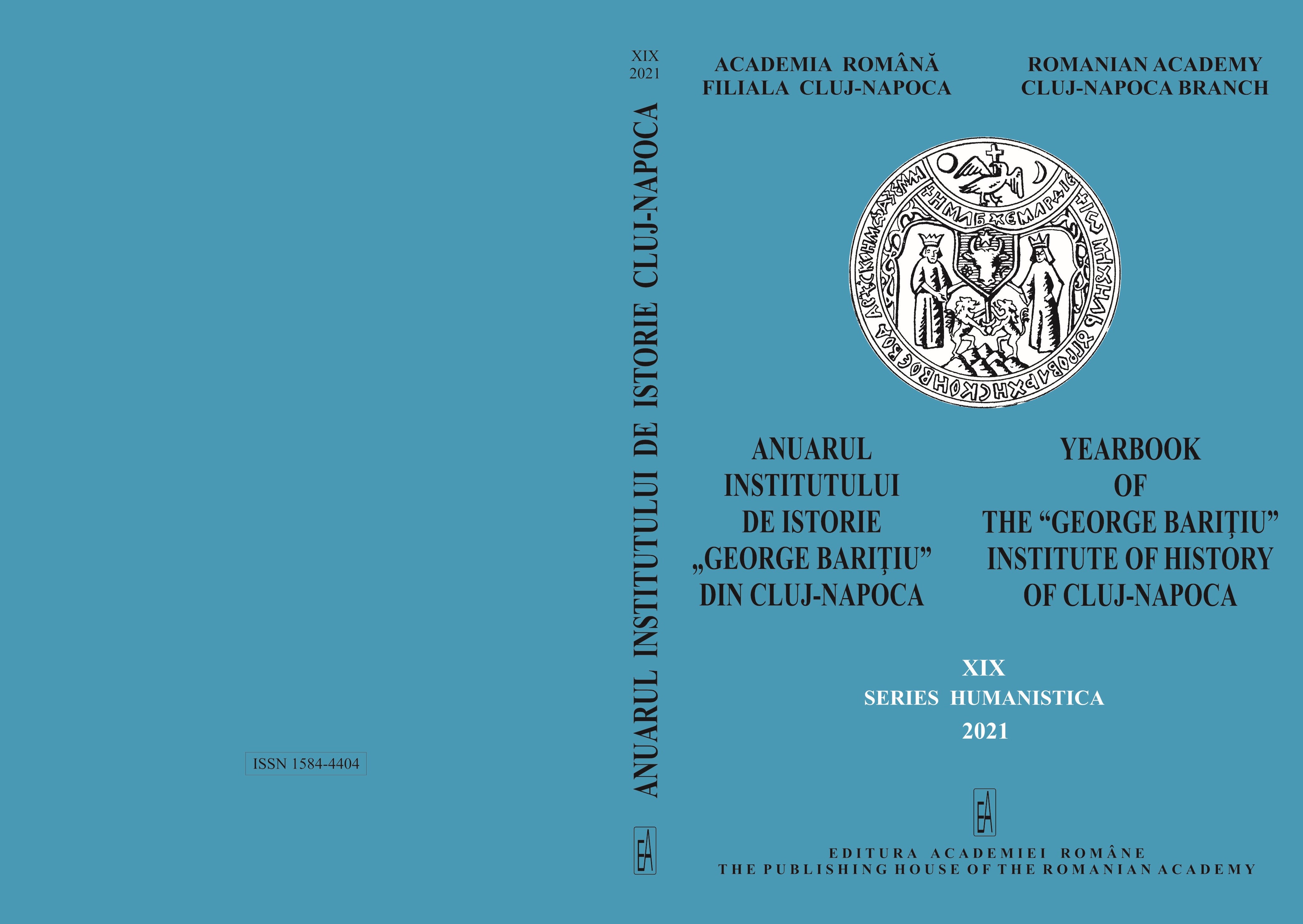
The following text is an introductory study to a Romanian version of the interview given by Jacques Lacan to the Italian magazine Panorama in 1974. I’ve used for the translation the English online version of the interview published by versobooks.com in 2014. My text would function as well as an independent research article in the realm of psychoanalysis. Lacan’s thoughts laid out within the respective interview evoke the peculiar relation between psychoanalysis as a conjectural science of language and the contemporary situation of religion, exact science and conventional therapy. His vibrant discourse has naturally the force to motivate the realisation of a study based on some of the strong concepts produced or rather reinforced by his teaching. The main thesis formulated by Lacan within this interview is that language, i.e., the world of speech, creates – namely through the intermediary of a concrete-subjective but no less universal and addressed discourse – the world of things. The signifier as a speech act affects the individual and solicits a response on his side: the (ethical) quality of this indeed subjective response contributes to the formation of a symbolic body able to mediate the circulation between the real of the organism and the radical Other. One corollary is that to a humanity deprived of an ethical rapport to language the world itself is reducible to an empty and painful structure. Another corollary, one which is relevant to my research program, is that affectivity as a subjective, namely as an inter-corporeal reality, is an effect of language, i.e., of a speech act that places from the very beginning all relevant subjects in a symbolic structure that sustains a shared phenomenal reality. Or, in Lacan’s own words: “Psychoanalysis’s discovery is man-as-speaking-animal”.
More...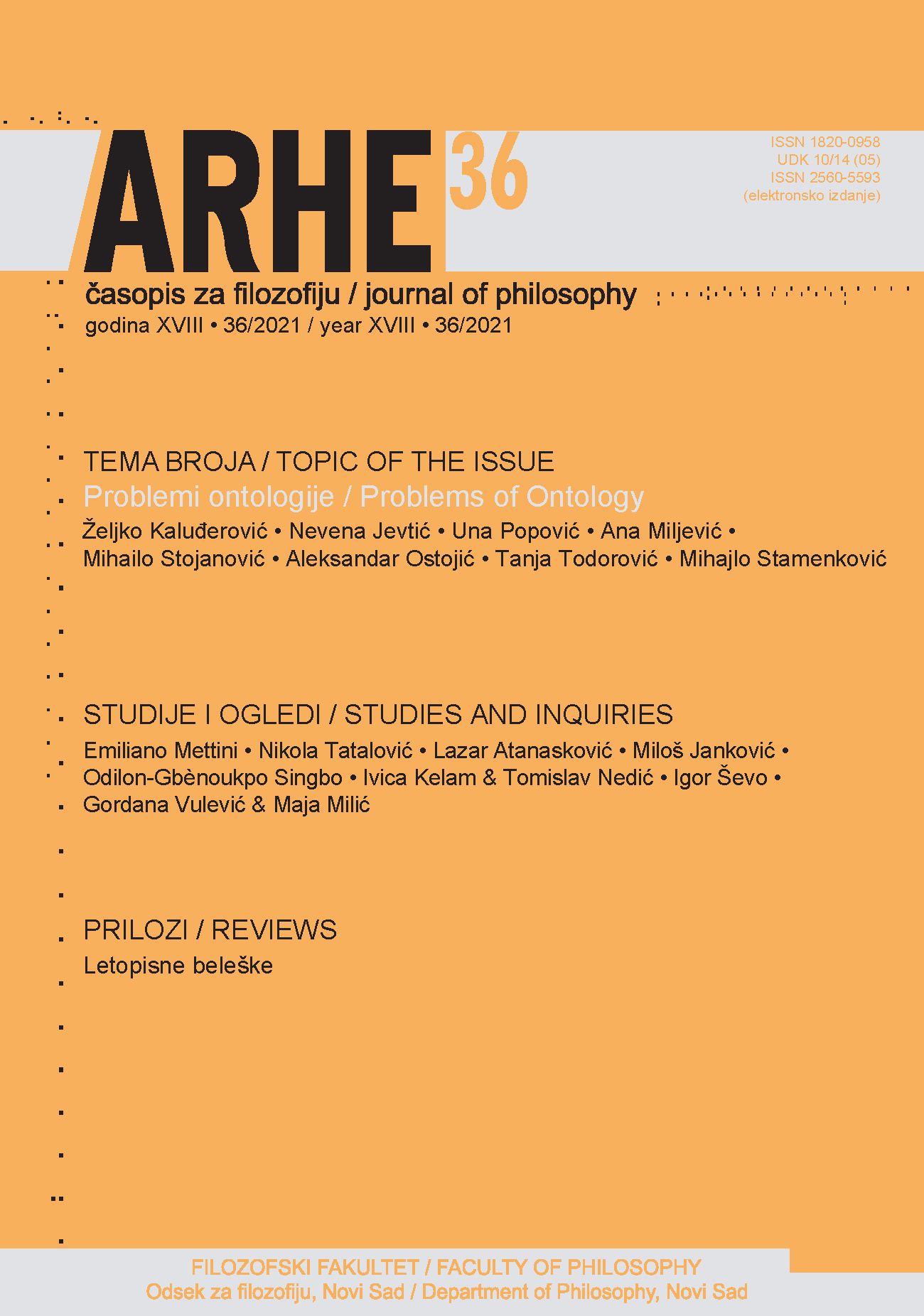
Freud's Dream of Irma, his patient whose psychotherapeutic treatment ended in only partial success, is exposed at the very beginning of „The Interpretation of Dreams“ as a confirmation of his theory of dreams as fulfillment of repressed desire. At the end of the dream analysis, Freud offers us the following interpretation: "The dream fulfilled my wish. I'm not to blame for Irma's illness. It's Otto's fault for giving her an injection of propylene..." Erikson and Lacan will, without pretending to better understand (interpret) the dream of Irma than Freud himself, continue hermeneutic work on the text of the dream. Both Erikson and Lacan observe the following: how is it that Freud, interpreting the dream of Irma, contented himself with recognizing a desire that could be situated in the system of the preconscious, if not in the system of the conscious? Secondly, the very phenomenology of sleep leads us to distinguish between its two parts: in the first part Freud reveals a frightening image of Irma's mouth, something like Medusa's head, something that, Lacan says, cannot be named, something that represents a primitive object par excellence. Such an image would be expected to awaken the dreamer. But Freud continues to sleep and continues to dream. This phenomenon (Lacan and Erikson both agree) requires interpretation. Erikson believes that Freud did not wake up due to regression in the service of the ego; Lacan says that that we are not dealing with the antecedent state of the ego, but with the spectral decomposition of the function of the ego.
More...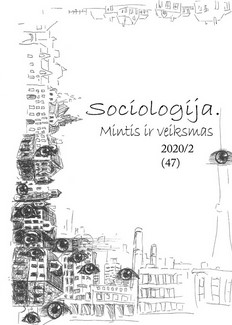
This article analyses the concept of enjoyment, proposed by Jacques Lacan, the French theoretician of psychoanalysis. The aim is to show the relation between the enjoyment and the other and to find a possibility to create different social relations in which the other (an individual or a group) is not an obstacle for individual or collective enjoyment but its foundation. In this article I develop the Lacanian argument of enjoyment how a plane of the Real, the possibility to meet the other as a person in everyday situations, allows an individual to maintain solidarity with that other person which before was his imaginary competitor.
More...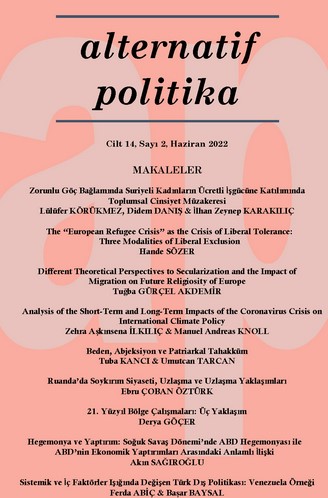
In Julia Kristeva’s psychoanalytic theory, abjection does not only reveal the interactions of the body with the conscious and unconscious; but also reveals the patriarchal domination of body imagery. Kristeva uses abjection as a phenomenological subject and examines its effects on experiences from a postfeminist perspective. According to them, the experiences that emerge under patriarchal domination are vulgar and marginalized movements that fade in material existence, just like the “wastes” of the body. This study aims to criticize the subordinate position of the body in the history of pre-modern and modern thought and deconstruct the patriarchal domination on the imagery of body by using Julia Kristeva's theory of abjection. Thus, in the first part, the journey of body from Antiquity to modern social theory is evaluated from a chronological perspective and discussed by focusing on thinkers such as Immanuel Kant and Emile Durkheim. In the second part, the relationship between body and psychosis in the doctrines of psychoanalysts Sigmund Freud, Alfred Adler and Jacques Lacan is explained. In the third part, Kristeva’s abjection theory and the patriarchal construction of abjection are analyzed. The study concludes that rescuing the body from patriarchal abjection is a requirement that maintains its validity in terms of feminist literature.
More...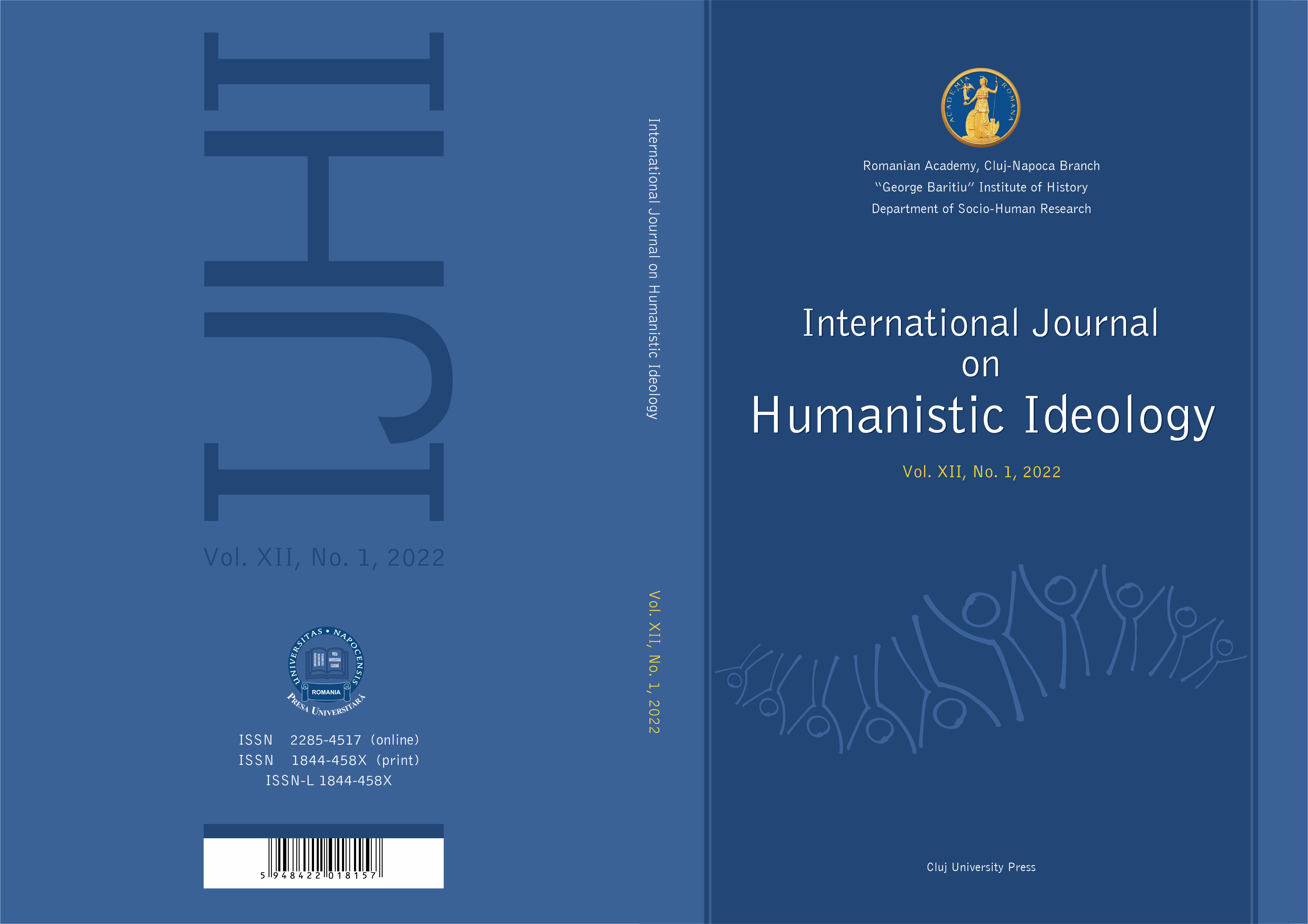
According to Bruno Clement, epanorthosis is present throughout Beckett’s works. His play Krapp’s Last Tape might be its major representation. Epanorthosis is a literary device which consists in reconsidering what one has just expressed, either to express faint differences, to weaken it, even to go back on it or, on the contrary, to express it even more strongly . Another literary technique contemporaneous with Freud’s discovery of the unconscious, the inner discourse is an inherent part of the structure of the play. What is repeated when one says to oneself: “I told myself…?” Who is speaking? To what extent is it possible to say “myself”? Krapp’s Last Tape, this long inner discourse, read here step by step, allows to determine what hinders the one who speaks in saying what they are trying to say: their obscure part of jouissance, that is absent from language but serves the social link.
More...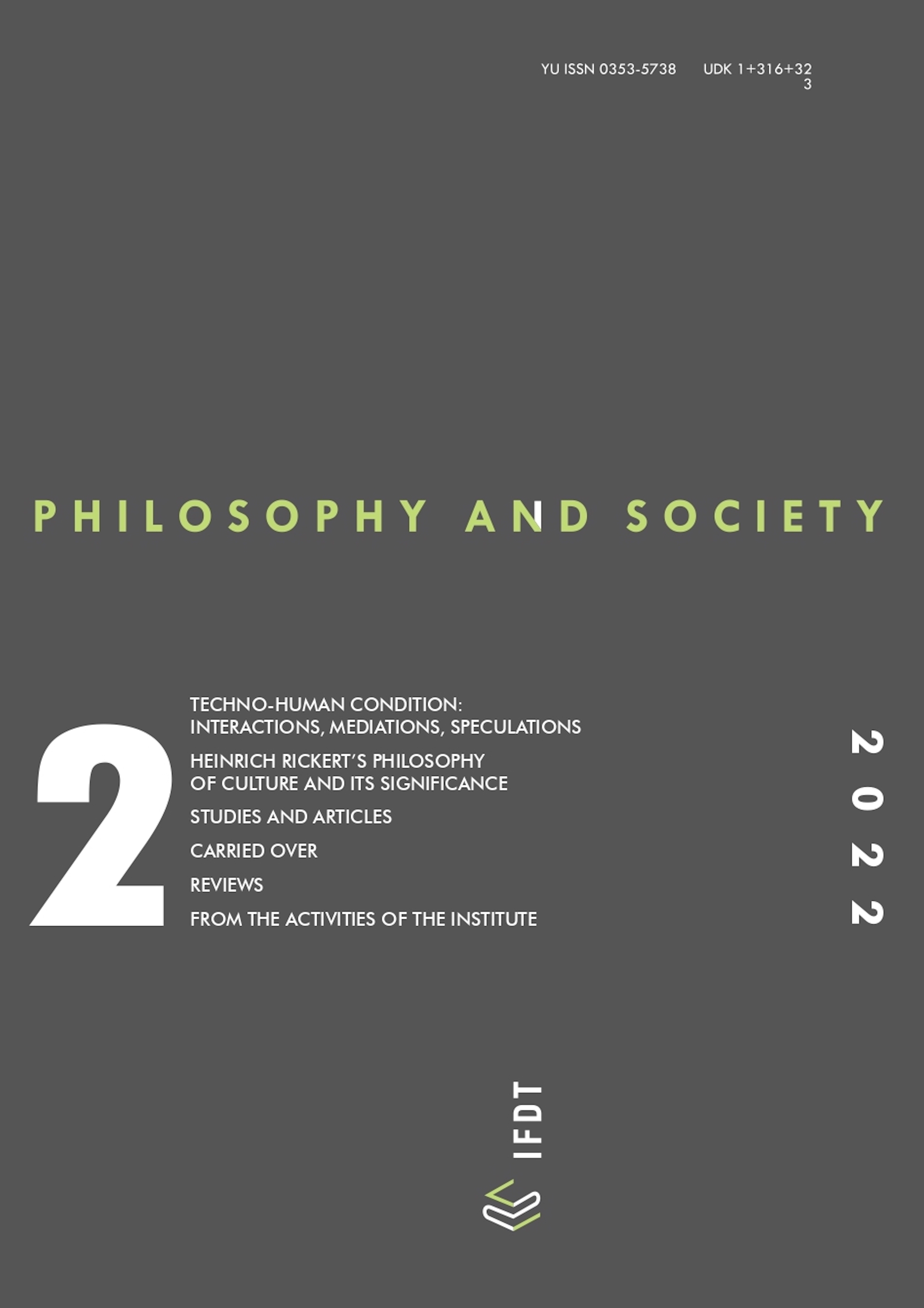
The topic of this paper is an examination of the practical dimension of contemporary philosophical culture, both in relation to the idea of wisdom in traditional philosophy and in relation to psychoanalytical practice. In the first part of the paper, we determine what philosophical culture is, primarily by emphasizing the differences between that culture and the scientific-technological culture. In the second part of the paper, we show that such a philosophical culture has fallen into a crisis. In the third part of paper, we offer a way out of that crisis, in the form of psychoanalysis, which criticizes the primacy that philosophical culture accords to consciousness, logic, diachronic and linear ways of thinking. In the fourth and last part of the paper, we present the shortcomings of this psychoanalytical model. As a solution, we offer a new model of philosophical culture, created by the synthesis of philosophy, psychoanalysis, but also other discipline of human thought, which has similarities with Nietzsche’s anticipation of Gay Science, as well as with Jasper’s idea of transcendence.
More...